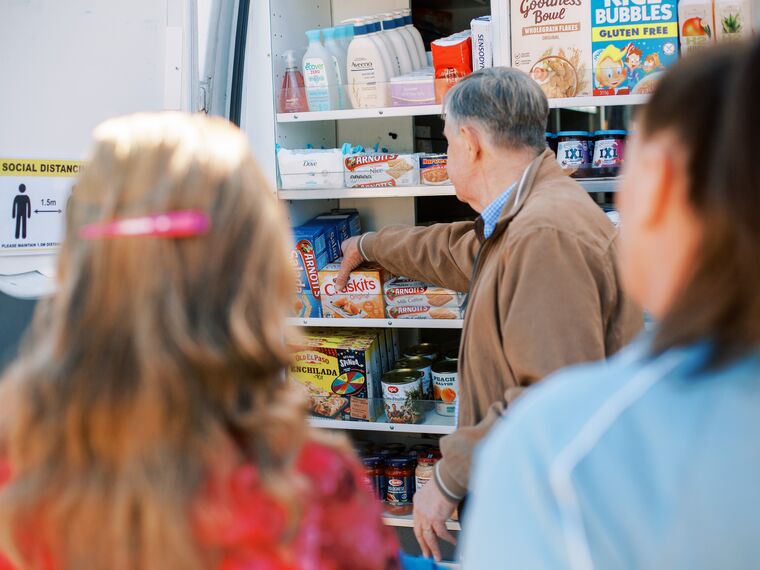Research and advocacy
Another way that Anglicare seeks to love people is through ongoing research and wise advocacy.
We listen to our clients in order to learn, then amplify what they have to say. This allows their stories to be heard by media, as well as our State and Federal Governments.
Rental Affordability Snapshot 2024
Read the Rental Affordability Snapshot report 2024
The Social Policy and Research Unit conducts research to:




In addition to conducting its Anglicare’s research projects, the Social Policy and Research Unit also partners with the National Church Life Survey, Diocese of Sydney, Anglicare Australia and university researchers on various projects. Its other responsibilities include:
- preparing submissions for government inquiries
- arguing for systemic change where needed
- measuring impact and program evaluation to ensure the continuing provision of high-quality services that make a real difference
- analysing Census and other data
- mission research to support the Anglican Diocese of Sydney leadership team in loving community outreach
- applications for grant funding
- demographic mapping.
Hungry or Homeless
Australia is in the midst of a cost-of-living crisis. This report is based on research collected from 27 Anglicare Food and Financial clients. It calls for the Australian Government to respond to the crisis with four urgent actions.

Research, reports and findings
Related pages


Inspired by the gospel of reconciliation in Jesus Christ, Anglicare's vision for reconciliation is a nation in which Australia's First Peoples are restored in dignity, respect, empowerment and opportunity..



